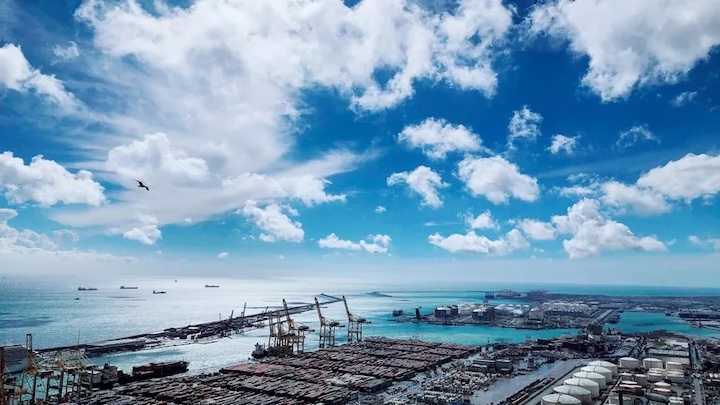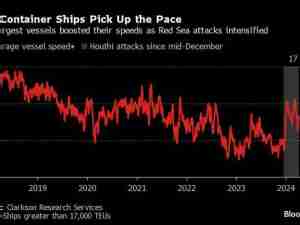The Environmental Ship Index (ESI) – the established global standard for ports to incentivise the improvement of shipping’s environmental performance – entered a new era in March, with the confirmation of an expanded suite of performance modules to support ports and vessel owners on the journey to decarbonisation and lowering emissions.
Coming online in 2026, ESI’s revised and expanded offering will take into account a range of potential emissions, introduce a new GHG methodology, and reward innovation and application of zero-emissions techniques onboard vessels.
The decision to revise and expand ESI’s modules and formulae, and the introduction of the new GHG and innovation modules, was as a result of major developments in global maritime environmental regulation, which the scheme encourages ships to exceed.

In late March, the Maritime Environment Protection Committee (MEPC 81)agreed on an illustration of a possible draft outline of an ‘IMO net-zero framework’ for cutting greenhouse gas emissions (GHG) from international shipping. This represented another critical step in the legal process towards adopting global regulations – referred to as ‘mid-term GHG reduction measures’ – that will help achieve the targets contained in the 2023 IMO Strategy on the Reduction of GHG Emissions from Ships.
In line with these significant developments, the evolution of ESI’s main emissions module – approved by ESI stakeholders on 26 March – will entail a significant revision of formulae, including the introduction of the new GHG emissions calculation, with the new core module coming online at the beginning of 2026.
The new ESI will also address global concerns about the environmental impact of vessels on marine life. Alongside its widely adopted noise functionality, from 2026 ESI will offer a new option to reward the mitigation of underwater radiated noise.
The transition process to the new suite of ESI modules will take place through 2024 and 2025, with support from ESI’s Board and administrator, as well as IAPH, ensuring that ample support and time is available to facilitate a smooth migration for the scheme’s Incentive Receivers and Incentive Providers.
In addition to better aligning with global regulatory changes, in particular at the IMO and EU, in its revised format ESI will remain consistent with the approach with which Incentive Providers and Incentive Receivers are familiar.
ESI has been recognised by the IMO as the standard basis for port incentives for low- and zero-carbon ships. The index was created by major ports in cooperation with the IAPH and has been fully integrated into the IAPH’s governance structure since 2020. ESI is administered by Green Award Foundation, a non-profit organisation that offers a certification and port incentive program for shipping.



_-_28de80_-_939128c573a41e7660e286f3686f2a6e25686350_yes.jpg)




